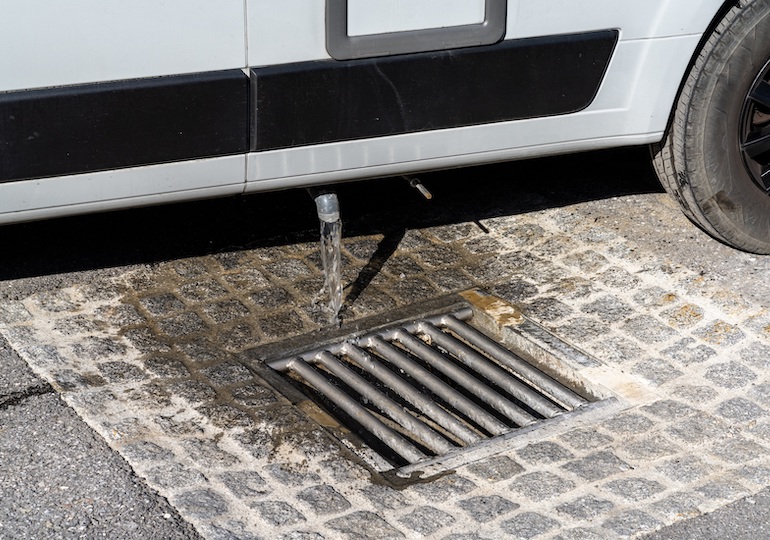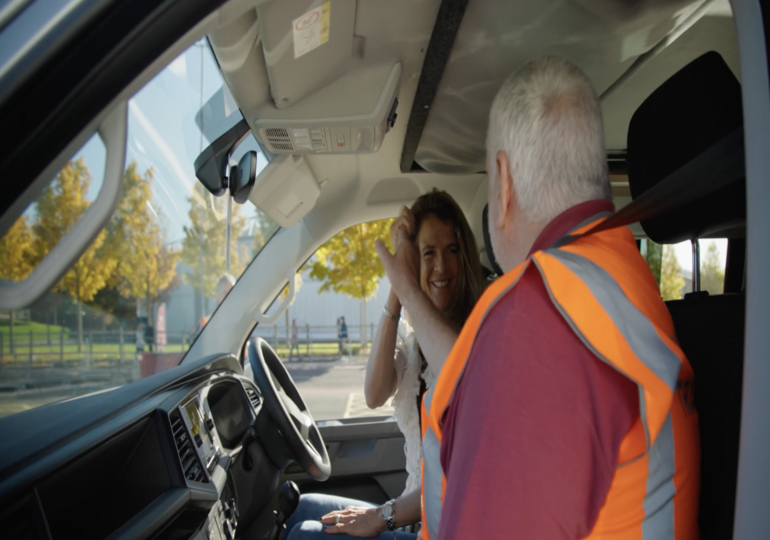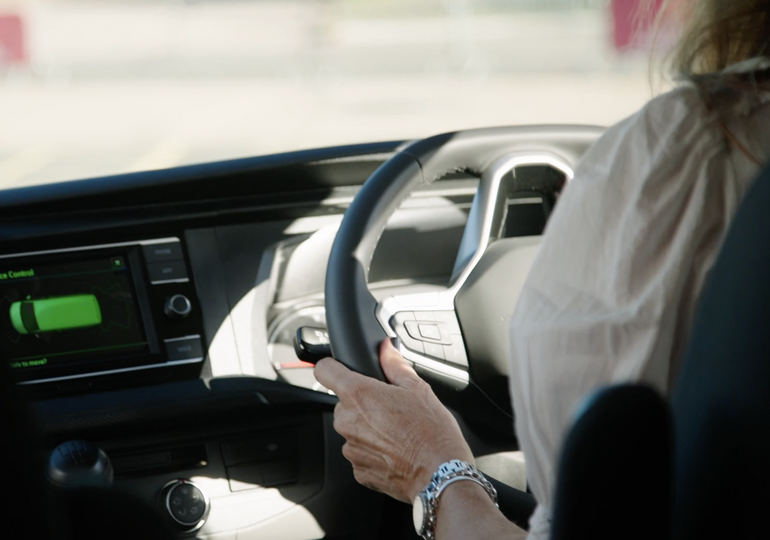By Joe Jeffrey
New study will concentrate on vehicle collisions with pedestrians
Effective Autonomous Emergency Braking (AEB) systems built into passenger cars could prevent one in five fatal pedestrian collisions according to data collated by the European New Car Assessment Programme (Euro NCAP).
The organisation’s announcement centering around pedestrian detection in cars has highlighted that new car technology has already been developed, in time for when driverless cars are introduced across UK roads.
Now, Euro NCAP will be introducing a new test which will check how well vehicles fitted with the above technology will detect and prevent collisions in an attempt to enable vehicle manufacturers to determine which systems work best.
The tests, which are the first type in the world to be conducted, will assess highly automated vehicle features and driver assistance systems from the pedestrian’s perspective, whilst enabling consumers to check Euro NCAP’s website before choosing the right AED option for them.
Although this seems to be a step in the right direction, the AA feels as though any future technology incorporated into vehicles should be done so in a way which would assist drivers and not exclusively replace them.
Edmund King, AA president said: “While the autonomous car debate has so far focused on who is to blame, manufacturer or driver, when or if the technology fails, Autonomous Emergency Braking doesn’t absolve the driver from responsibility in an accident but could reduce the consequences considerably. Twenty per cent of pedestrian fatalities could be avoided with uptake of effective autonomous braking systems. However neither drivers nor pedestrians, cyclists and other more vulnerable road users should depend on all cars stopping automatically and so will still need their wits about them and shouldn’t take unnecessary risks.
“Euro NCAP has an impressive track record in showing what is possible in reducing road collisions and encouraging manufacturers to adopt the new features. Hundreds of thousands of road users owe their lives to this nearly 20-year-old programme.”
Check out the video below and let us know your thoughts.





















































